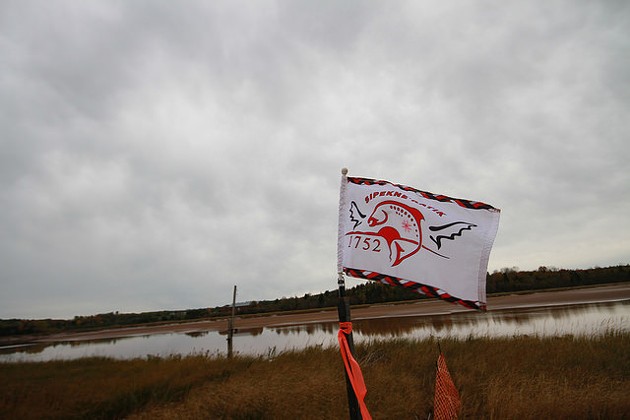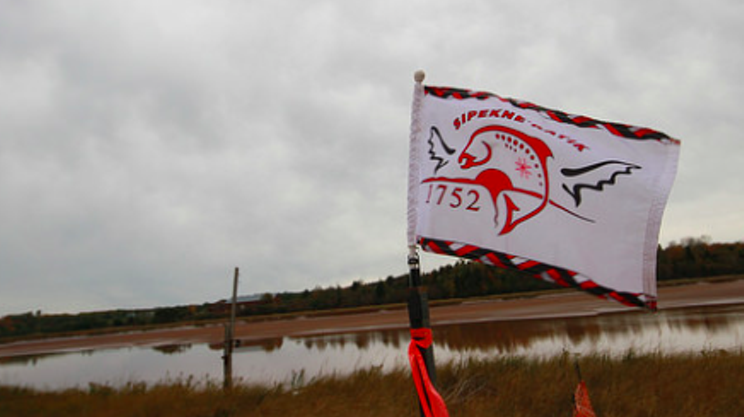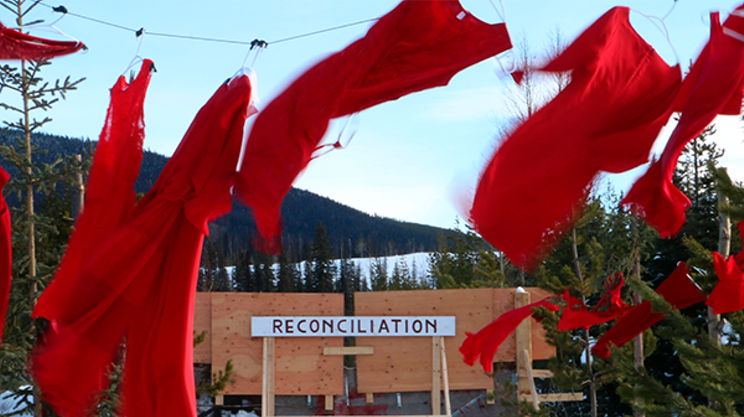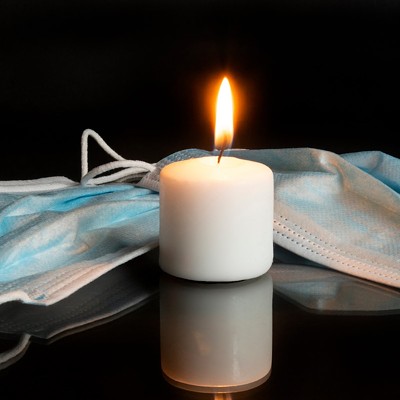Two weeks ago, the Supreme Court of Nova Scotia overturned the environment minister’s approval of the Alton Gas project, citing inadequate consultation with Sipekne’katik First Nation. Alton Gas must now resume consultations for 120 days, or until both parties are satisfied. Given the present circumstances of the COVID-19 pandemic, no start date has been set for these consultations.
The Alton Gas project proposes to store natural gas in salt caverns near Stewiacke, Nova Scotia, and, as part of this process, would dump salt brine into the Shubenacadie River. The legal challenges and grassroots resistance to the project have been ongoing for six years.
In the statement regarding his decision, the justice Frank C. Edwards said that “While there had been extensive consultations regarding the potential environmental impacts of the Project, the core issue of Aboriginal title and treaty rights was never specifically engaged. The Minister therefore committed palpable and overriding error when she concluded that the level of consultation was appropriate.”
Dorene Bernard, a member of Sipekne’katik First Nation and a grassroots grandmother and water protector at the forefront of the resistance to the Alton Gas project, says of the supreme court decision, “I was really pleased to hear that. I guess I almost didn't expect anything different, because, you know, we have laws—we have Indigenous laws, we have treaties, we have federal laws, we have the constitution, we have all these things that are already in place. It's just a matter of applying those laws to what is happening today.”
Brian Hebert, the lawyer who represented Pictou Landing First Nation in its case against the province over providing public funding to Northern Pulp for its effluent treatment plant, says, “I think this decision by Justice Edwards was a really good example of how the duty to consult ought to be applied in a case like this…I think it will have a huge impact on consultation in Nova Scotia.”
But Hebert reminds us that consultation is not the same as consent, and the mandate within the United Nations Declaration on the Rights of Indigenous Peoples for “free, prior, and informed consent” is not guaranteed here. “This decision doesn't go that far,” he says. “In fact, in the case itself, Justice Edwards says this consent does not mean that there's a veto.”
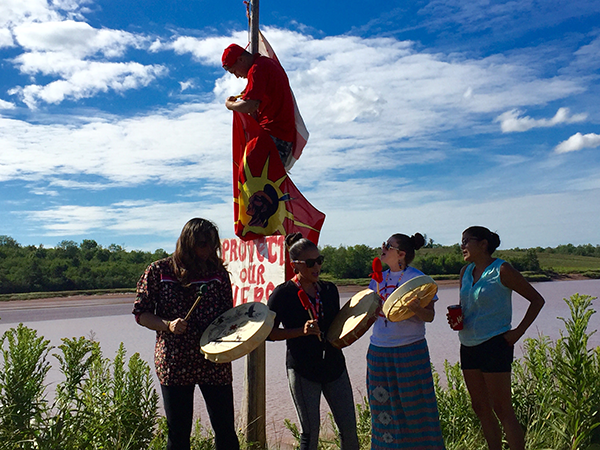
However, Hebert thinks the decision does give Sipekne’katik more agency around the future of the Alton Gas project. “This certainly gives the Band more cards to play, if you will, if they are trying to get some kind of an arrangement where they would benefit economically from this,” he says. “Or, instead, if they’re trying to completely prevent this from happening, again it strengthens that.”
Bernard, too, sees this decision as having an important and wide-reaching impact: “I think this decision has a big impact on our whole [Mi'kmaq] Nation. And it should have an impact on all people from this province and across, you know, everywhere, that are dealing with these corporations.”
Hebert says it’s an important decision because “what the judge wants the province to do is to address head on this issue of the claim for Aboriginal title to the land.” In the 1997 case Delgamuukw v. British Columbia, the Supreme Court of Canada states, as part of a broader definition, that “Aboriginal title is a right to the land itself.” Hebert explains that if the government were to recognize Mi’kmaq title to the land in Nova Scotia, and especially with regard to a project that poses significant risks to the land and to treaty rights, then, “that makes the obligation"—to fully consult and to provide adequate compensation, if sought—"that much greater on the part of the government.”
Justice Edwards’ decision makes note that Alton Gas has never satisfactorily addressed the Mi’kmaq treaty rights to hunt and fish that are potentially impacted by the project. In fact, recently released documents, obtained by water protectors and allies Robin Tress, Rachael Greenland-Smith and Dale Poulette, show that the federal government is aware that the Alton Gas project would violate the Fisheries Act by causing harm to the fish in the river, and is pursuing new regulations under the Fisheries Act to accommodate Alton Gas. “This is evidence that the federal government knows this project would harm fish,” says water protector Darlene Gilbert in a press statement from February 11. “There’s no way around it—a harm to fish is a harm to the treaty right to fish.”
The Nova Scotia Supreme Court recognizing the importance of Mi’kmaq treaty rights in the consideration of natural resource projects, and sending Alton Gas back for further consultations, is significant for those who have been resisting the project for years. However, the future of the Alton Gas project is still unclear.
Given the Nova Scotia government’s recent appeal to the Supreme Court of Canada on its duty to consult with Pictou Landing First Nation (an appeal which the Supreme Court dismissed on March 26), Hebert predicts the province will likely appeal this decision as well. “I don't think they should,” he says. “[Consultation is] really just about getting as much information and having as fulsome a discussion as possible about potential impacts on Indigenous rights. And the better that process is, then the better we will, as a society, protect those rights. So I mean, in some respects, the government even trying to appeal and minimize the duty to consult is, in my mind, disappointing.”
“We're in it for the long haul,” Bernard says about the future of the resistance to the Alton Gas project. “It's just our life, you know.
“Change is coming, and I’m just praying that it's a positive change that’s going to protect the people, the land and all our relations (Msit No'kmaq).”

